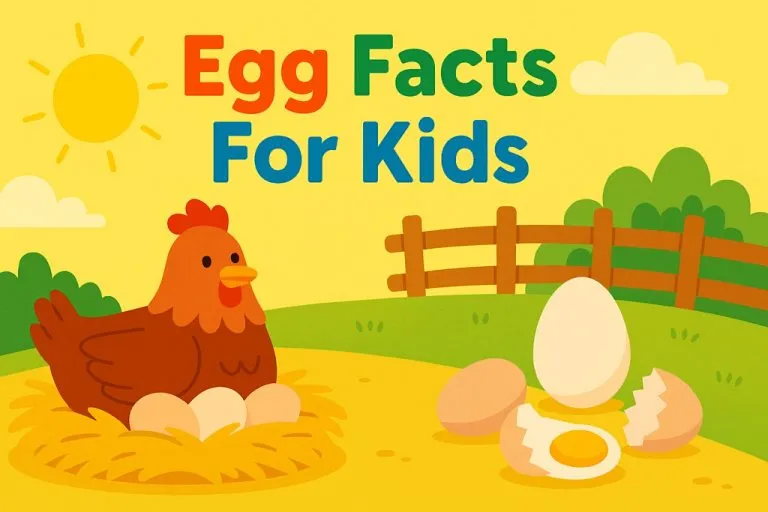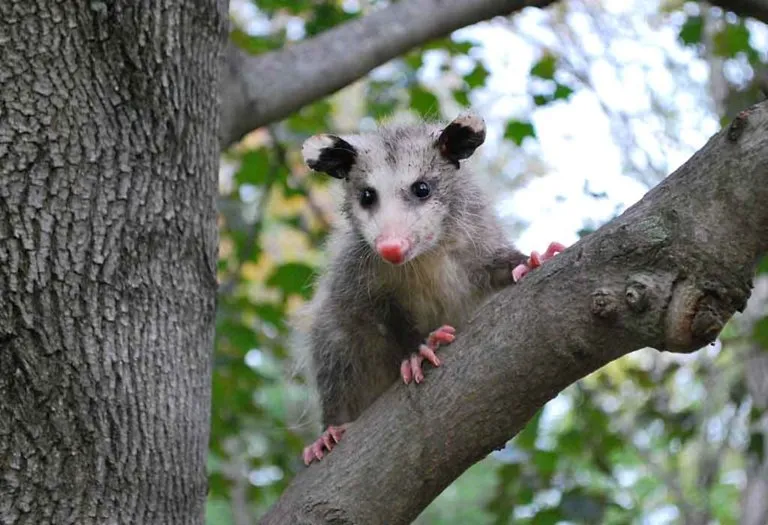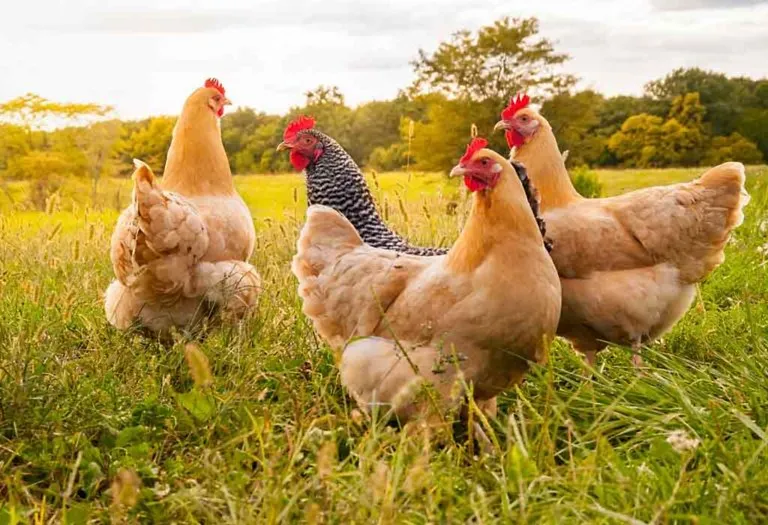25 Interesting Egg Facts That Kids Should Know About
Eggs are a common food we see on breakfast tables all over the world, but many of us don’t stop to think about how amazing they really are. There are lots of fun facts about eggs that can surprise and excite kids. From the different colours eggs can have to the way they protect life growing inside, eggs are full of wonders. Sharing these facts with children not only teaches them about everyday things but also helps them appreciate how smart nature is. So, let’s crack open some amazing egg facts that kids should definitely know about!
Where Do Eggs Come From?
Eggs come from birds and some other animals, but the ones we usually eat come from chickens. When a hen lays an egg, it’s starting a new life cycle, even if that egg isn’t fertilised. It’s amazing to think that something so small has its own story starting inside the hen.
What Makes Eggs So Special?
Eggs are more than just food; they are tiny packages full of life and nutrients. Inside each egg, there is a perfect balance of proteins, fats, vitamins, and minerals that help living things grow strong and healthy. It’s this mix that makes eggs truly special and important for both animals and people.
Different Types of Eggs
Eggs come in many different types, and each one has its own story. Here are some interesting scientific facts about the common types of eggs you might find:
- Standard White and Brown Eggs – These are the most familiar eggs you see in grocery stores. The colour depends on the hen’s breed, not its nutritional value. Both white and brown eggs are packed with nutrients.
- Free-Range Eggs – These eggs come from hens that get to roam outside and peck at bugs and plants. Because of their outdoor life, the eggs often have richer flavours and a bit more nutrition.
- Organic Eggs – Organic eggs are laid by hens that eat organic feed without chemicals or pesticides. These eggs are often chosen by people who care about natural farming and healthy food.
- Cage-Free Eggs – Cage-free hens live indoors but without cages. They have more space to move around than caged hens, which can change the quality of the eggs they lay.
- Omega-3 Enriched Eggs – Some hens are given special diets rich in omega-3 fats, which makes their eggs a good source of these healthy fats. These eggs support brain health for kids and adults alike.
- Pasture-Raised Eggs – Hens that live mostly outdoors on pastures lay these eggs. They have access to fresh grass and insects, which can enhance the flavour and nutrient profile.
Nutritional Profile of Eggs
Eggs are packed with nutrition, which is one of the reasons they are such a popular food around the world. There are some weird facts about eggs when it comes to what they contain inside. Scientific facts show that eggs have a mix of proteins, fats, vitamins, and minerals that make them great for growing kids and adults alike (1).
Fun Facts About Eggs for Kids
Eggs are full of surprises that make them fun to learn about, especially for kids. There are many healthy facts about eggs that show just how amazing these little wonders really are. Here are fun and interesting facts about eggs that will make kids curious and excited.
- Eggs come in different colours, like white, brown, blue, and green, depending on the bird.
- A hen can lay about one egg every 25 hours.
- The shell of an egg is made mostly of calcium, which is the same thing your bones are made of.
- Eggs can float or sink in water depending on how old they are; a fresh egg sinks.
- The yolk in the egg is where most of the vitamins and minerals are stored.
- Eggs contain about 6 grams of protein, which helps build strong muscles (2).
- The biggest eggs in the world come from ostriches (3).
- Some eggs have tiny spots or speckles on their shells, which help protect the egg and camouflage it.
- Chickens are the most common birds that lay eggs for us to eat.
- The white part of the egg is called the albumen, and it is mostly water and protein.
- The shape of an egg helps it not roll off nests easily.
- Baby birds grow inside the egg using nutrients from the yolk.
- Some eggs have a “bloom” or protective coating that keeps bacteria out.
- Eggs have been eaten by humans for thousands of years.
- The air pocket inside an egg gets bigger as the egg ages.
- Some hens lay eggs without a yolk, called “wind eggs.”
- Eggs need to be kept cool to stay fresh longer.
- The colour of the yolk can change depending on what the hen eats.
- Eggs are one of the few foods that naturally have vitamin D.
- The strongest part of the eggshell is around the long end.
- Eggshells can be used in gardens to add minerals to the soil.
- Cooking eggs can make some of the proteins easier to digest.
- The chalaza is the stringy part that holds the yolk in the centre.
- You can tell if an egg is fresh by cracking it and seeing if the yolk stands tall or spreads out flat.
- Eating eggs gives you energy because they have healthy fats and nutrients.
These healthy facts about eggs help us see why eggs are such a great food and a fascinating part of nature!
FAQs
1. How long does it take for a chicken egg to hatch?
It usually takes about 21 days for a fertilised chicken egg to hatch into a chick. During this time, the egg needs to be kept warm and turned regularly by the mother hen or in an incubator.
2. Why do some eggs have double yolks?
Double yolks happen when a hen releases two yolks at the same time. These eggs are rare and often come from younger hens whose bodies are still learning to lay eggs regularly.
3. Can eggs be stored at room temperature?
In many countries, eggs are kept in the refrigerator to stay fresh longer. However, in some places, eggs are sold and stored at room temperature because they have a special coating that keeps them fresh.
4. Are egg whites and yolks safe for people allergic to eggs?
Most egg allergies are caused by proteins found in egg whites, so some people may tolerate egg yolks but not whites. It’s best to check with a doctor if there is an egg allergy concern (4).
Eggs are truly one of nature’s little wonders. They are not only delicious and versatile but also packed with important nutrients that support growth and health. So next time someone cracks open an egg, remember there is more than just food inside, there is a whole story waiting to be discovered.
Also Read:
Starfish Facts for Kids
Human Body Facts for Kids
Facts About Horses for Kids
Facts About Animals for Kids
Facts About Dolphins for Kids
Was This Article Helpful?
Parenting is a huge responsibility, for you as a caregiver, but also for us as a parenting content platform. We understand that and take our responsibility of creating credible content seriously. FirstCry Parenting articles are written and published only after extensive research using factually sound references to deliver quality content that is accurate, validated by experts, and completely reliable. To understand how we go about creating content that is credible, read our editorial policy here.













.svg)
















